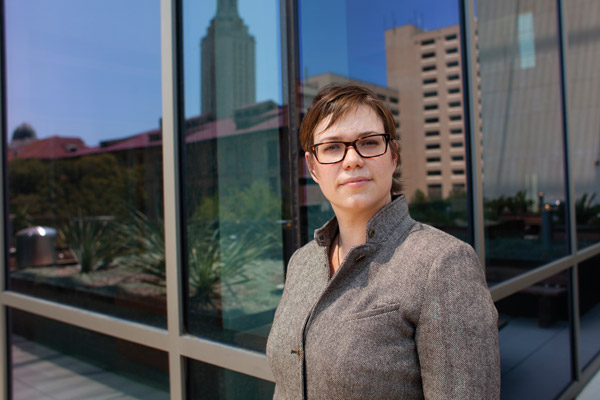When humans learn, their brains relate new information with past experiences to derive new knowledge, according to psychology research from The University of Texas at Austin.
The study, led by Alison Preston, assistant professor of psychology and neurobiology and research affiliate in the Center for Learning and Memory, shows this memory-binding process allows people to better understand new concepts and make future decisions. The findings could lead to better teaching methods, as well as treatment of degenerative neurological disorders, such as dementia, Preston says.
“Memories are not just for reflecting on the past; they help us make the best decisions for the future,” Preston says. “Here, we provide a direct link between these derived memories and the ability to make novel inferences.
“This is just a simple example of how our brains store information that goes beyond the exact events we experience,” she says. “By combining past events with new information, we’re able to derive new knowledge and better anticipate what to expect in the future.”
